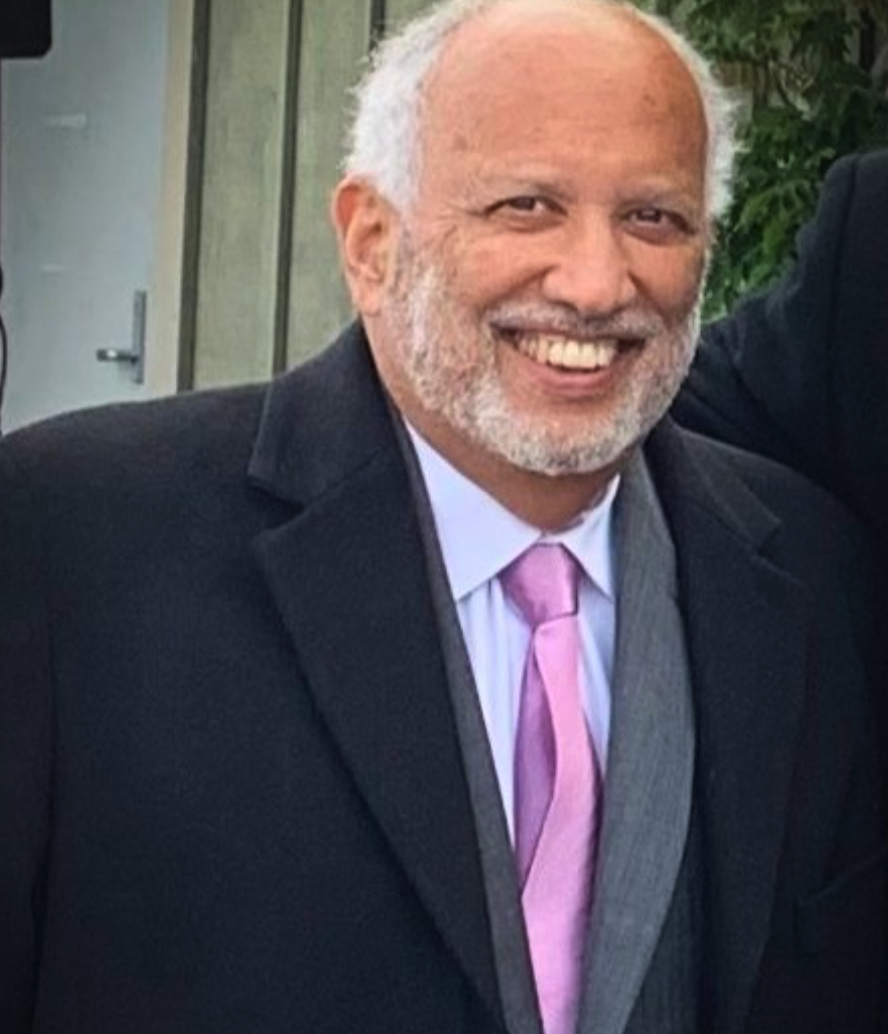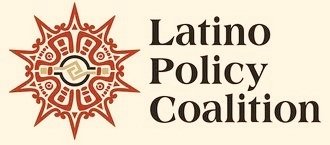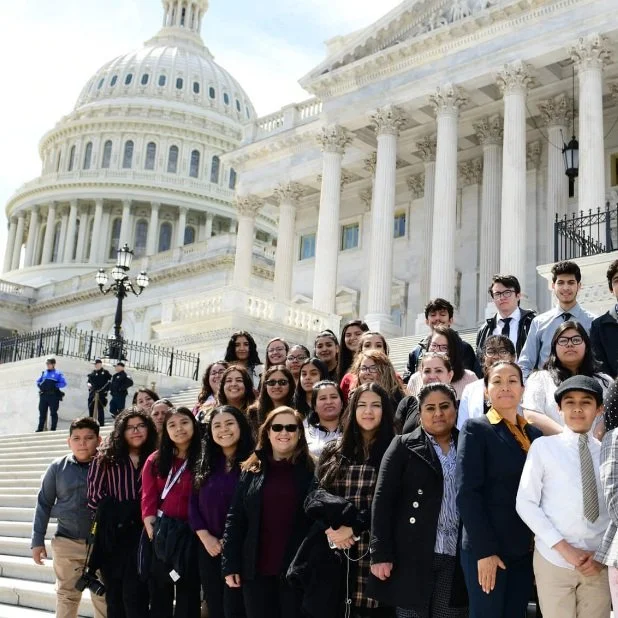About
The Latino Policy Coalition is a national non-partisan non-profit consortium of the country’s leading Latino research organizations and scholars.
The LPC analyzes, through nationwide public opinion surveys, policy issues affecting the Latino community.
The LPC seeks to highlight Latino community views on key national issues; and thus stimulate public policy debate among local, state, and national elected officials.
Chaired by former San Francisco City and County Supervisor Jim Gonzalez, the LPC seeks to highlight Latino community views on key national issues.
The coalition includes: the Tomás Rivera Policy Institute; William C. Velasquez Institute; National Association of Latino Elected and Appointed Officials; NationalInstitute for Latino Policy; Leavey Center for the Study of Los Angeles; University of Washington Institute for the Study of Ethnicity, Race, and Sexuality; Program in the Politics of Immigration, Ethnicity and Race; and Diversity Focus/National Community for Latino Leadership.
Mission
Proyecto Opurtunidad
Higher Education
Proyecto Oportunidad aims to increase Latino applications to institutions of higher education; and to increase college degree attainment within each Latino family through better awareness, preparation, and access to admissions, scholarships, and loan opportunities.
College Resources
A California law that allows students, including undocumented students, who have attended a high-school in California for at least three years and graduated or attained the equivalent of a high school diploma, to pay in-state tuition to attend California public colleges or universities
Civic Participation
A key part of Proyecto Oportunidad is to increase the number of Latinos whovote by mail. Voting by mail (VBM) may increase voter turnout by four to five percentage points ingeneral elections and significantly more in local or off-year elections.
Glossary of Terms
Important terms to know for Proyecto Opurtunity.
Shattered
Shattered is the dramatic story of a young mother and her two children, caught up in the mass separation of tens of thousands of American born children from their deported parents.
The CA DREAM Act consists of two parts, AB 130 y AB 131. These laws allows California public colleges and universities the opportunity to allow undocumented students, who are AB 540-eligible students at their respective school, apply and compete for scholarship awards.
Dreamer Students
Meet the Team
-

Jim Gonzalez
LPC Chair
-

John Thiella
Senior Counsel
-

Maria Morales
Partner
-

Jaime Gonzalez
Media
PRESS & RESOURCES
PRESS & RESOURCES
US Family Separation Policy Worthy of North Korea
By Jim Gonzalez | San Francisco Chronicle
June 16, 2018
Fox News host Shepard Smith reminded viewers Tuesday that in North Korea the dictator Kim Jong Un“imprisons children for the actions of parents and grandparents.”
Closer to home, at a detention center at a converted Walmart in Brownsville, Texas, Sen. Jeff Merkley, D-Ore., was barred last Sunday from entering to check on the welfare of children that the Trump administration snatched from asylum-seeking parents at the U.S.-Mexico border. Merkley said that he saw “hundreds of children locked up in cages there at that facility.”
How Kamala Harris' help in Guatemala offered presidential preview
Although I was born in San Francisco, I spent some of my formative years living in Guatemala. I know the country well, especially its tragic history of corrupt strongmen, oppression of its indigenous majority, and — yes — a 1954 CIA-led coup that upended its peaceful democratic revolution and resulted in a decadeslong civil war costing the lives of almost 200,000 people.
By Jim Gonzalez | Special to The Examiner |
Sep 19, 2024
Working Adults
• Further Resources
Most CSU’s, UC’s and some private schools provide students with the opportunity to enroll in university courses without being officially admitted. Students are able to take courses listed in the schedule of classes. These classes are offered online, in evenings, and weekends.
Veterans
• The Yellow Ribbon Program
The Yellow Ribbon Program is a program that allows institutions of higher learning to voluntarily enter into an agreement with the Department of Veterans Affairs (VA) to fund tuition and fee expenses that exceed the highest public in-state undergraduate tuition and fees in their state. The institution will contribute a specific dollar amount, which then will be matched by the VA.










